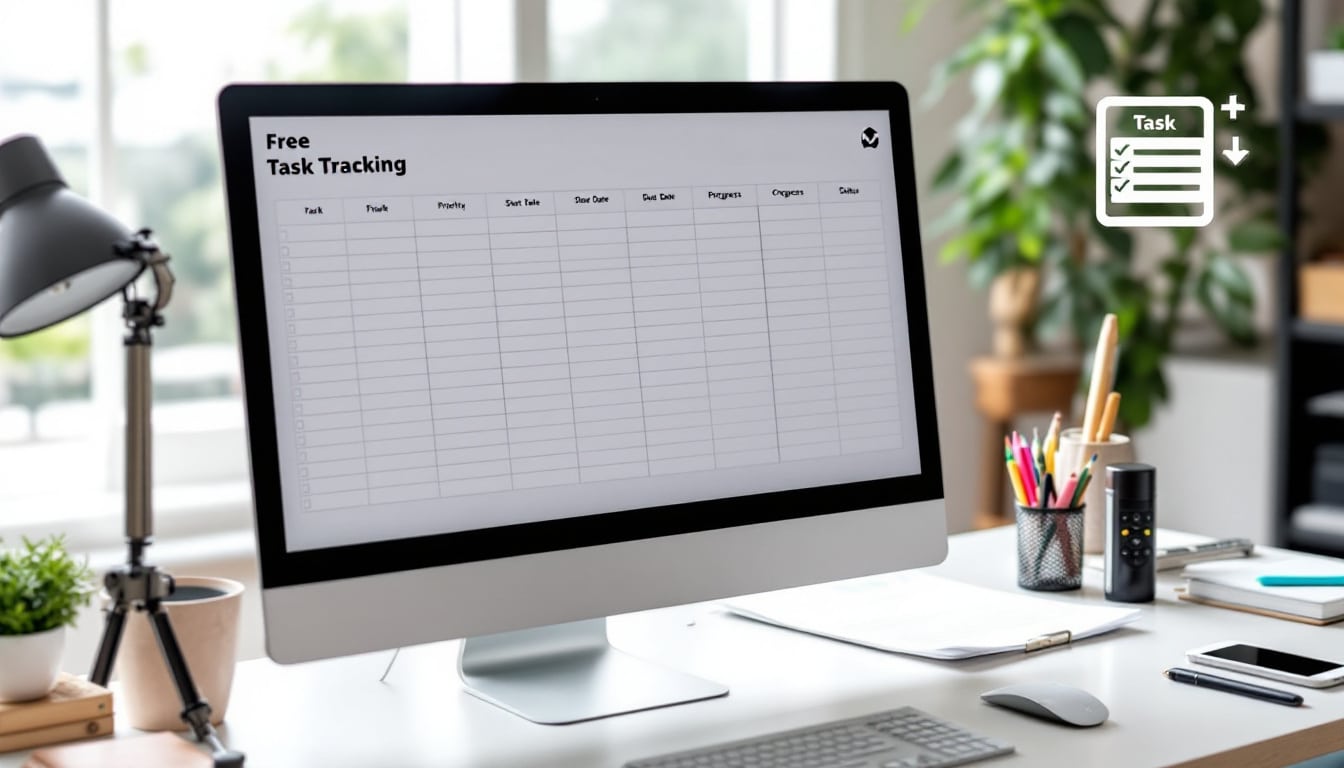The blockchain, a true disruptive innovation, is establishing itself as a driving force at the forefront of the transformation of economic and social systems. By rethinking the mechanisms of trust and data security, it paves the way for a tokenization of previously inaccessible assets. Thanks to its distributed ledger, this technology offers innovative solutions to automate and optimize transactions while ensuring transparency and integrity. From the traceability of contracts to new forms of fractional ownership, blockchain is shaping a new paradigm, pushing the limits of imagination and triggering a wave of innovations across various sectors.
🔥 Nous recommandons Ideamap
Ideamap est l’outil idéal pour un brainstorming ou un projet collaboratif. Grâce son interface facile et à ses fonctions IA, Ideamap booste votre créativité tout en favorisant une meilleure organisation de vos idées pour atteindre vos objectifs.

The Blockchain as a Catalyst for Disruptive Innovation
The blockchain is often described as one of the most revolutionary technologies of our time, capable of transforming many economic sectors. By enabling secure transactions without needing a central authority, blockchain emerges as an opportunity for disruptive innovation, revolutionizing established paradigms regarding trust and transparency.
One of the fundamental aspects of blockchain is its ability to ensure integrity and security of data. Unlike traditional systems that rely on a centralized authority to guarantee transactions, blockchain uses a distributed ledger where each transaction is recorded immutably. This significantly reduces the risk of fraud and errors, thus providing a new level of trust to users. The inherent security of this technology prevents attempts to manipulate data, which is crucial in sectors such as finance, healthcare, and even public administration.
Tokenization, another important aspect of blockchain, offers the possibility to fractionalize physical and digital assets, allowing their exchange in previously inaccessible markets. This opens the door to fractional ownership, making assets such as real estate more accessible to a larger number of people. For example, a building can be divided into shares owned by different investors, with each share secured by blockchain technology. This promotes wider access to investments, democratizing the acquisition of assets in sectors often seen as reserved for an elite.
Thus, blockchain not only fuels innovations within already established industries but also promotes automation of trust. Through smart contracts, agreements can be executed automatically when certain predefined conditions are met. This reduces the need for intermediaries and increases the efficiency of transactional processes. The capability of blockchain to automate workflows and establish accountability is particularly beneficial in sectors such as insurance, where claims can be made and processed without human intervention, thereby reducing timelines and costs.
Furthermore, the openness afforded by open innovation allows companies to collaboratively explore use cases for blockchain. Businesses, start-ups, and researchers are encouraged to share their findings and innovations, fostering a culture of continuous innovation. By facilitating the exchange of ideas and resources, blockchain can catalyze new forms of collaboration and experimentation, creating an ecosystem conducive to innovative solutions.
It is imperative to also consider how this technology could transform various sectors. From finance to logistics, and including the pharmaceutical industry, blockchain is set to reshape traditional practices. The potential to enhance efficiency and reduce costs at every stage of supply chains represents a considerable opportunity for businesses to stand out in the competition.
In summary, the benefits that blockchain can offer in terms of disruptive innovation are varied. The promise of this technology lies not only in the transition to a more secure and transparent system but also in its capacity to transform the very concept of trust, ownership, and transactions. This transformation, propelled by blockchain, sparks a new digital landscape where efficiency, transparency, and accessibility become key advantages of future business models.

FAQ on the Impact of Blockchain on Disruptive Innovation
What is blockchain technology? Blockchain is a distributed ledger that ensures security, transparency, and efficiency of transactions without requiring a central authority.
How can blockchain unlock access to assets? Through tokenization and fractional ownership, blockchain allows a larger number of people to access assets that were previously restricted to a limited circle of investors.
How is blockchain a paradigm shift? It offers total integrity and security of data, thereby redefining trust in business relationships.
How does blockchain promote the automation of trust? By automating processes via smart contracts, blockchain reduces frictions and inefficiencies in exchanges.
What sectors can benefit from the innovation brought by blockchain? Many areas, such as finance, logistics, healthcare, and real estate, can see their operations improved thanks to this technology.
How can blockchain revolutionize contract management? It secures contracts and enhances their traceability, making their execution safer and faster.
Are there concrete examples of blockchain in action? Yes, projects using blockchain are developing in various sectors, including supply chain, where it helps trace the origin of products.
Is blockchain really a disruptive technology? Yes, by promoting decentralization and innovation, blockchain has the potential to disrupt entire industries.














